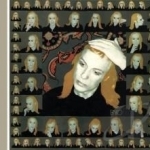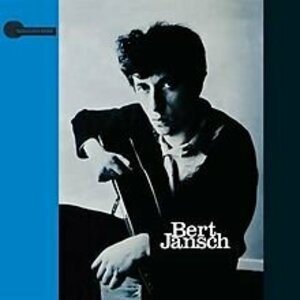Johnny Marr recommended Taking Tiger Mountain (By Strategy) by Brian Eno in Music (curated)

Drum School
Music and Education
App
Advanced groove library and drum learning tool for all levels. Whether you're a beginner or a pro,...
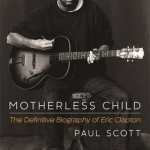
Motherless Child: The Definitive Biography of Eric Clapton
Book
Timed for release around Clapton's 70th birthday, MOTHERLESS CHILD will be the ultimate celebration...
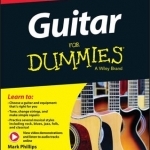
Guitar For Dummies
Jon Chappell, Mark Phillips and Hal Leonard Corporation
Book
Guitar For Dummies, 4th Edition (9781119151432) is now being published as Guitar For Dummies, 4th...
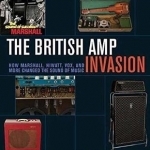
The British Amp Invasion: How Marshall, Hiwatt, Vox, and More Changed the Sound of Music
Book
The seminal British amps of the late 50s onward were always distinct from their American...
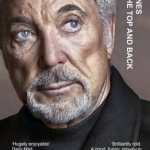
Over the Top and Back: The Autobiography
Book
'For a lot of years, I've answered a lot of questions, but have never told my story before.' Across...

Radio Pro HQ
Music and Entertainment
App
"Radio Pro HQ" is a modern internet radio receiver that enables you to listen lots of internet radio...

Radio HQ (lite version)
Music and Entertainment
App
"Radio HQ (lite version)" is a modern internet radio receiver that enables you to listen lots of...
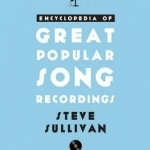
The Encyclopedia of Great Popular Song Recordings
Book
Volumes 3 and 4 of the The Encyclopedia of More Great Popular Song Recordings provides the stories...
